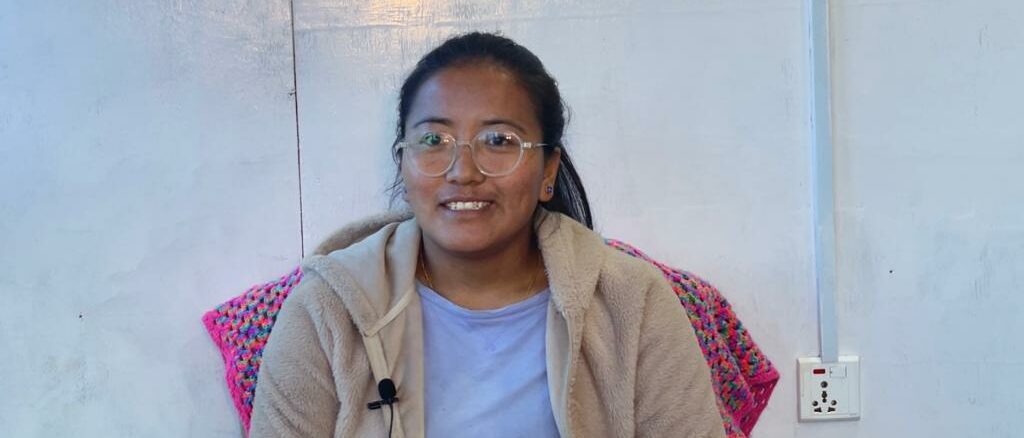
News
Advocacy Ascends
Advocating for Disability Rights in Nepal’s Remotest Mountains
December 15, 2023
KARNALI REGION, Nepal – Himalayan Education and Development (HEAD Nepal) is a nonpartisan nonprofit that has been working on disability rights in the remote mountains of the Karnali region of Nepal since 2011. Tsering Palmu Lama is a disability rights and women’s rights advocate and a project coordinator at HEAD Nepal. At HEAD, Lama leads the “Our Voice for Our Rights – disability rights advocacy project in the Himalayas,” funded by the Disability Rights Fund (DRF) since 2022. In this edited interview, Lama talks with DJP Fellow Chhitup Lama about the challenges people with disabilities encounter in the Himalayan region of Nepal and how her project addresses those challenges.
Question: Can you tell us about some of the challenges of people with disabilities in Nepal?
Answer: It is really tough [for people with disabilities] in the remote mountains like Karnali regions. The problem which is faced by them in the region is that there is inaccessibility in the public area or even in the working area. And due to the remote mountains and tough geography, there is inaccessibility on the roads also. The families of people with disabilities are [unaware of] the rights of people with disabilities. In the local government, there are a lot of policies for the rights of people with disabilities and the inclusion [of] people with disabilities. But they’re not [being implemented].
Question: What are the goals and objectives of the project “Our Voice for Our Rights – disability rights advocacy project in the Himalayas”?
Answer: The main goal is to raise a voice for disability rights and there are four objectives of our project. Objective one is to increase our OPDs’ (Organizations for Persons with Disabilities) and relevant CSOs’ (Civil Society Organizations) capacity to participate in advocating and decision-making regarding development and rights. Another objective is promoting the inclusion of persons with disabilities in government programs like health education, justice, and budget planning and implementation. The third one is advocacy to ensure the inclusion of a disability perspective in governmental implementations and monitoring of UNCRPD (United Nations Convention on the Rights of Persons with Disabilities) and Nepal’s Disability Rights Act of 2017. Building the institutional capacity of HEAD is our fourth objective.
Question: What are the key strategies you use to ensure these objectives are achieved?
Answer: Under those four objectives, we have many strategies. Under the first objective, we have capacity-building training for the OPD and CSO representatives and advocacy skill development for them. Under the second objective, we have training for people with disabilities about their rights like in education and the health budget, training on UNCRPD, the Nepali Disability Rights Act 2017, and SDGs. Under the third objective, we have meetings with the local governments and authorities. We also do UNCRPD, SDGs and Nepali Disability Rights Act training for local governments and authorities. We have developed policies and a 5-year strategy plan for HEAD under the fourth objective.
Questions: What are the major achievements of this project so far?
Answer: Implementing a project is very hard in this region. But, we have achieved many outcomes. Before implementing the project, even the local government representatives were [unaware] of the rights of people with disabilities. [Now they] are a bit sensitized and more responsive towards disability-inclusive development. We have a vision that people with disabilities [should be able to] actively participate in society with a high position and respect. [Persons with disabilities] are [now] happy to [have a place] in society because their families are more positive than before. The community people are also positive [about] people with disabilities because they are able to claim their rights. The CSOs are also becoming active in responding to the needs of PWDs.
Question: What are the challenges you have experienced while implementing these projects?
Answer: There are a lot of challenges. [Initially], the families of people with disabilities did not understand the rights of people with disabilities. There are still challenges in the local government [because of] the newly elected representatives. They have little knowledge [of] the rights of people with disabilities. [Some] families of people with disabilities are still [unaware of] the rights of people with disabilities. They are [unaware of] the services and inclusion policy of the local governments. There is also inaccessibility in public areas.
Question: What are the plans to continue the outcomes of the project?
Answer: We have formulated 26 self-help advocacy groups of persons with disabilities who will further develop their capacity to advocate for their rights. HEAD Nepal is collaborating with the CSOs who will be further trained for disability-inclusive development. Our close coordination with local government will be continued for the formulation of new policies and implementation of the existing policies including UNCRPD and SDGs (Sustainable Development Goals). The second phase of the project is planned to sustain the outcome of the project.
Chhitup Lama is the founding executive director of HEAD Nepal. He spearheads overall management, institutional development, strategic direction and the vision and mission of the organization.
News From the Global Frontlines of Disability Justice
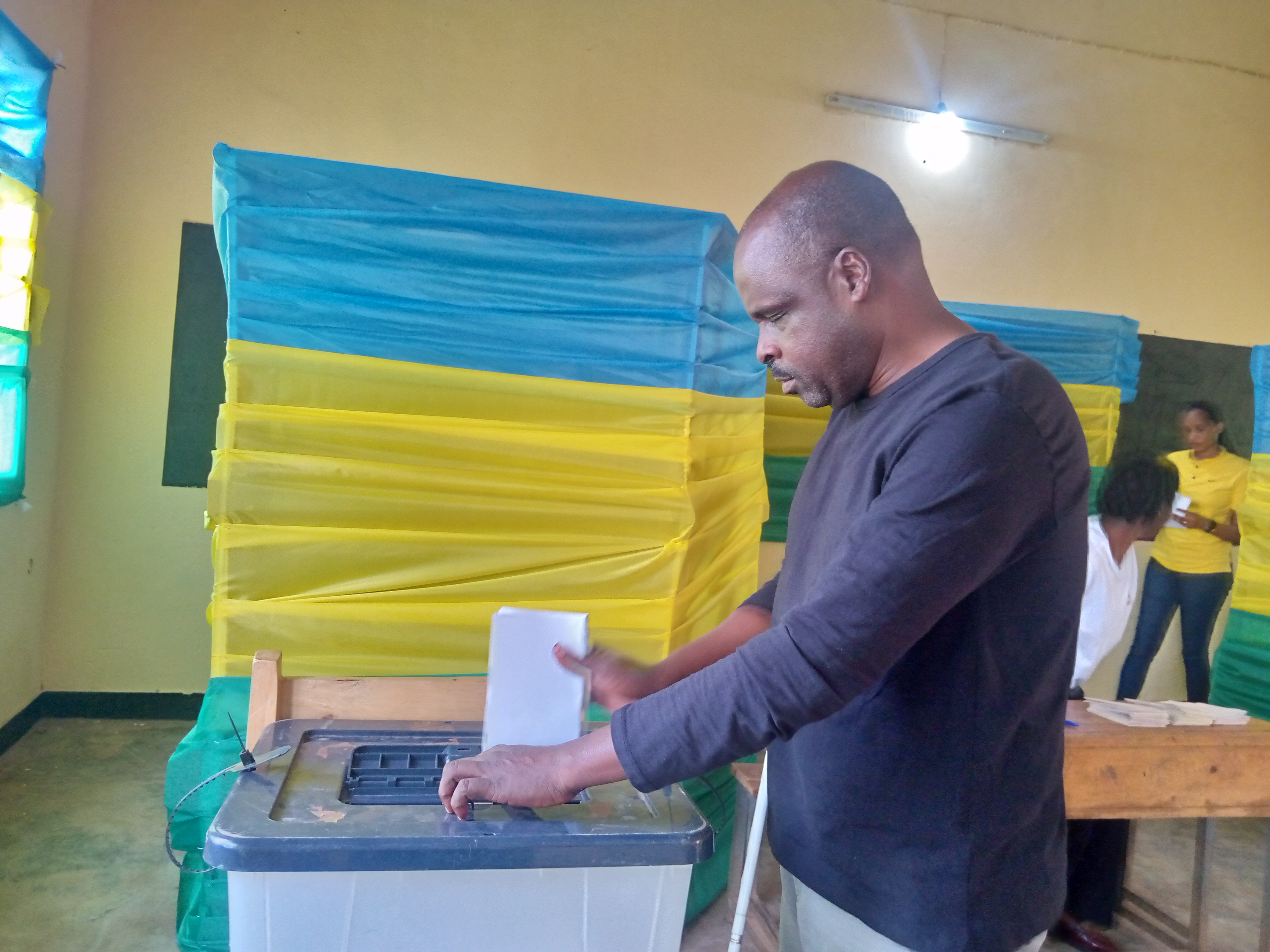
Advancing Democracy
Rwanda has made significant progress in making its elections more accessible, highlighted by the July 15 general elections where notable accommodations were provided. This was a major step forward in disabled Rwandans’ quest for equal rights and participation. “You cannot imagine how happy I am, for I have voted by myself and privately as others do accessibly,” says Jean Marie Vianney Mukeshimana, who used a Braille voting slate for the first time. “Voting is a deeply emotional and meaningful experience for a person with any disability in Rwanda, reflecting a blend of pride, empowerment, and hope.”
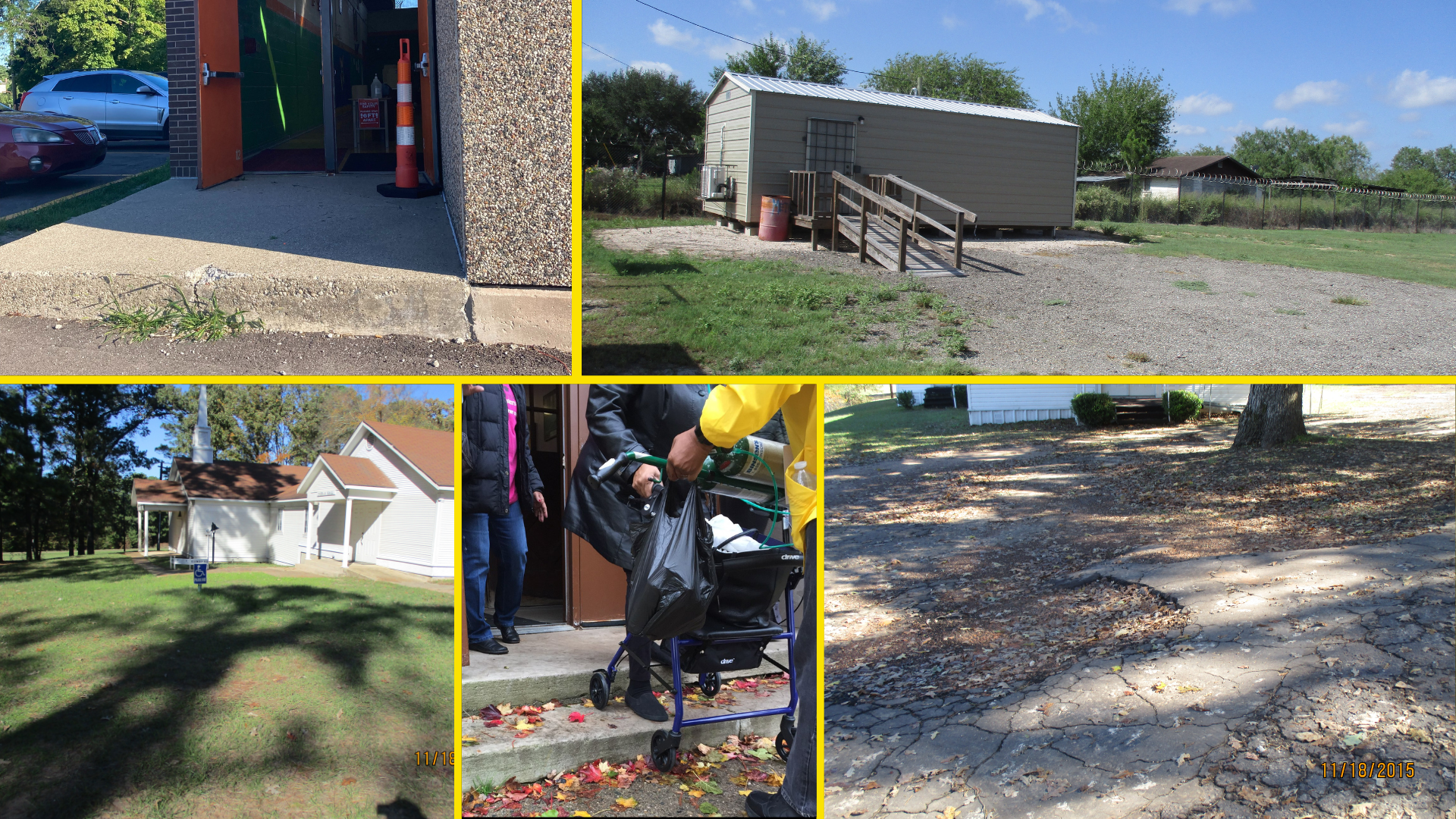
Barriers to the Ballot
Despite legislation like the Americans with Disabilities Act, barriers at the polls still hinder — and often prevent — people with disabilities from voting. New restrictive laws in some states, such as criminalizing assistance with voting, exacerbate these issues. Advocacy groups continue to fight for improved accessibility and increased voter turnout among disabled individuals, emphasizing the need for multiple voting options to accommodate diverse needs. ““Of course, we want to vote,” says Claire Stanley with the American Council of the Blind, “but if you can’t, you can’t.”
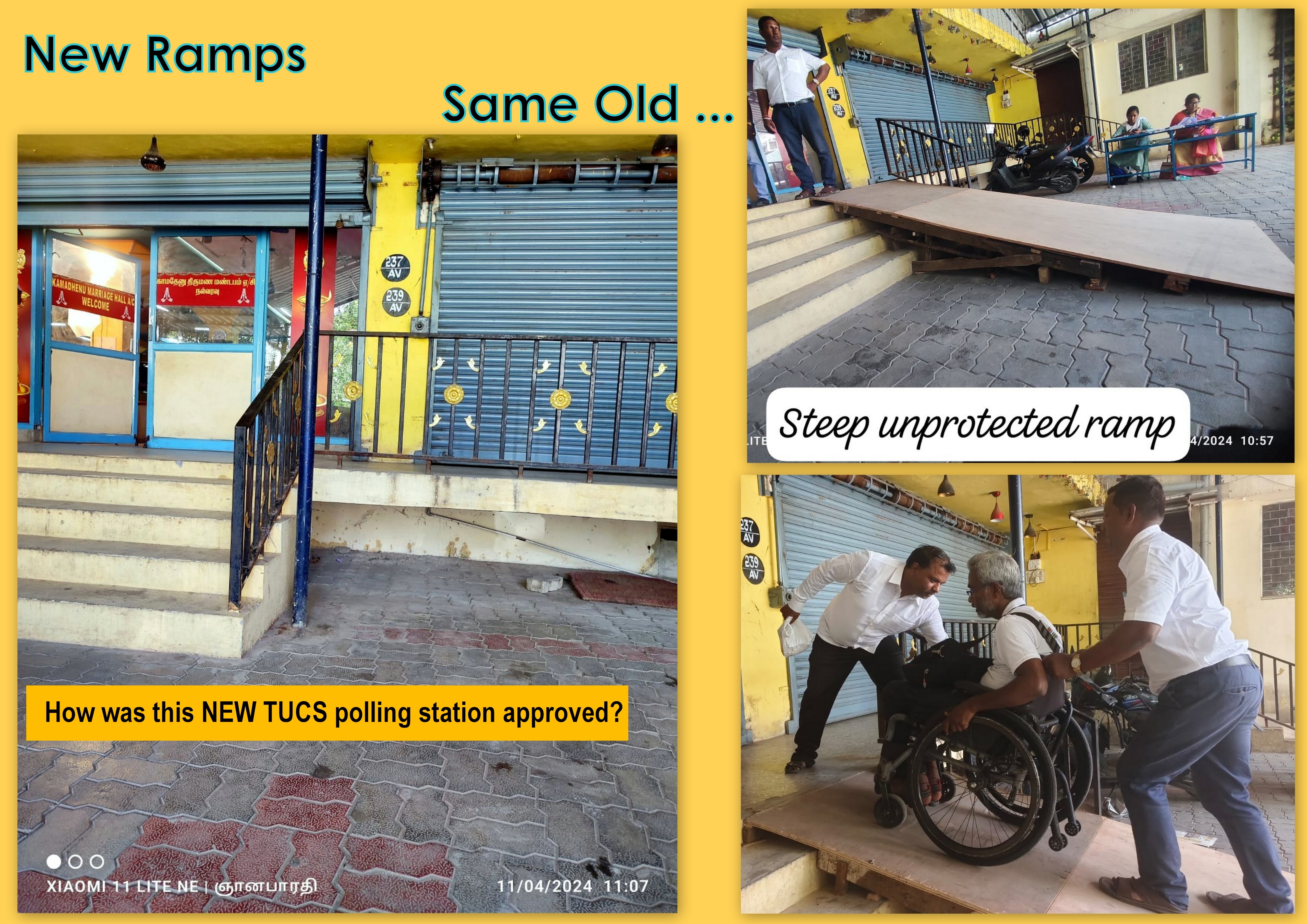
Democracy Denied
In 2024, a record number of voters worldwide will head to the polls, but many disabled individuals still face significant barriers. In India, inaccessible electronic voting machines and polling stations hinder the ability of disabled voters to cast their ballots independently. Despite legal protections and efforts to improve accessibility, systemic issues continue to prevent many from fully participating in the world’s largest democracy. “All across India, the perception of having made a place accessible,” says Vaishnavi Jayakumar of Disability Rights Alliance, “is to put a decent ramp at the entrance and some form of quasi-accessible toilet.”
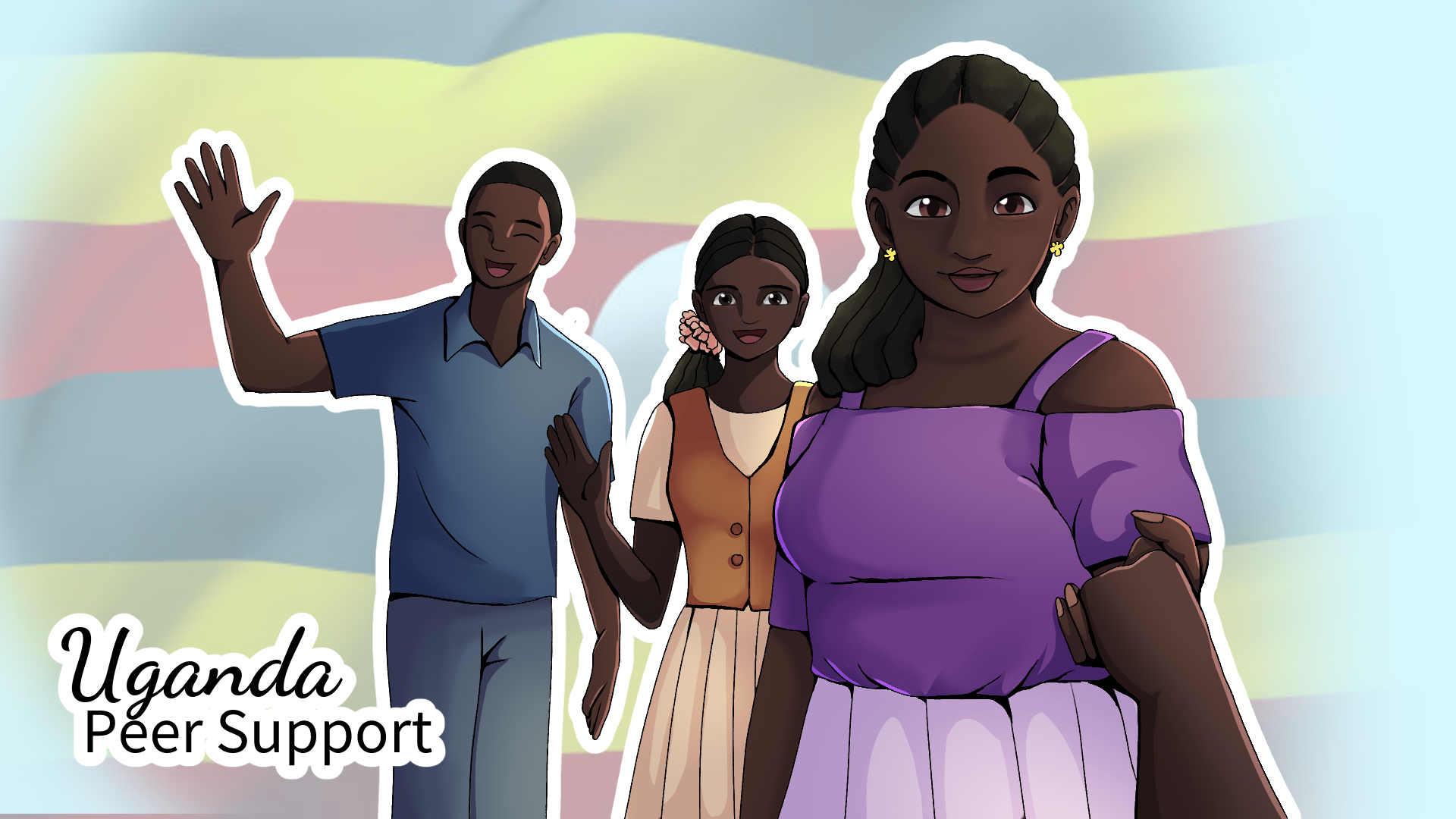
Triumph Over Despair
DJP Fellow Esther Suubi shares her journey of finding purpose in supporting others with psychosocial disabilities. She explores the transformative power of peer support and her evolution to becoming an advocate for mental health. “Whenever I see people back on their feet and thriving, they encourage me to continue supporting others so that I don’t leave anyone behind,” she says. “It is a process that is sometimes challenging, but it also helps me to learn, unlearn, and relearn new ways that I can support someone – and myself.”
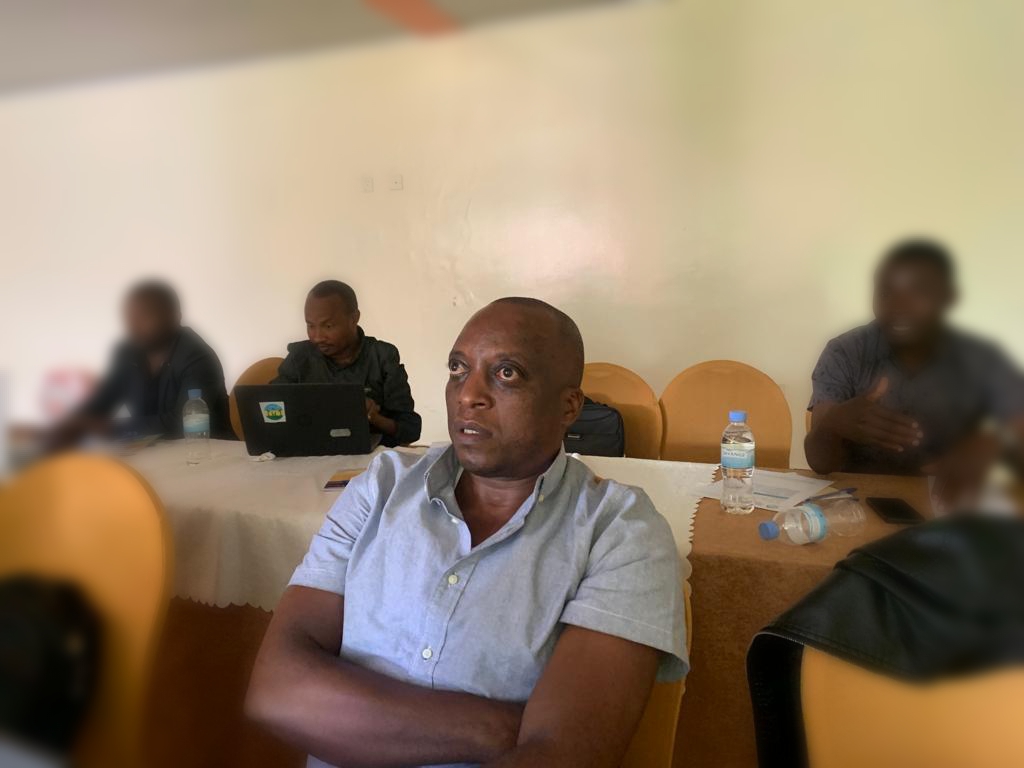
‘Our Vote Matters’
As Rwanda prepares for its presidential elections, voices like Daniel Mushimiyimana’s have a powerful message: every vote counts, including those of citizens with disabilities. Despite legal frameworks like the UN Convention on the Rights of Persons with Disabilities, challenges persist in translating these into practical, accessible voting experiences for over 446,453 Rwandans with disabilities. To cast a vote, blind people need to take a sighted relative to read the ballot. An electoral committee member must be present, violating the blind person’s voting privacy. “We want that to change in these coming elections,” says Mushimiyimana.
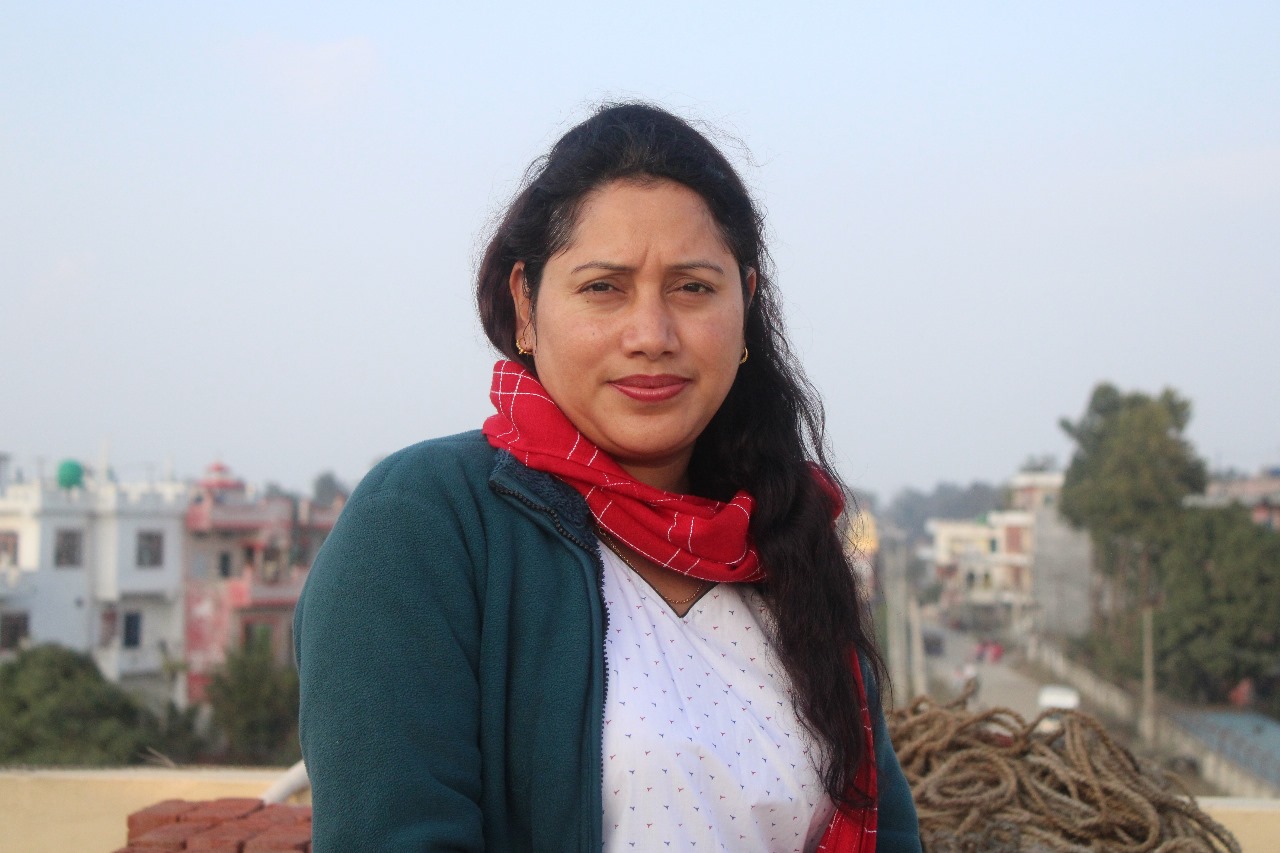
Voices Unsilenced
Often dismissed as a personal concern, mental health is a societal issue, according to Srijana KC, who works as a psychosocial counselor for the Nepali organization KOSHISH. KC’s own history includes a seizure disorder, which resulted in mental health challenges. She faced prejudice in both educational settings and the workplace, which pushed her towards becoming a street vendor to afford her medications. Now with KOSHISH, she coordinates peer support gatherings in different parts of Nepal. “It is crucial to instill hope in society, recognizing that individuals with psychosocial disabilities can significantly contribute,” she says.